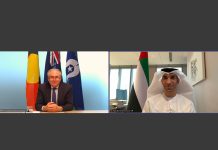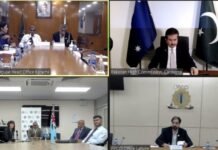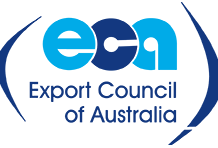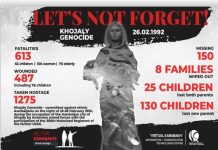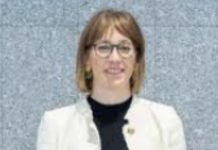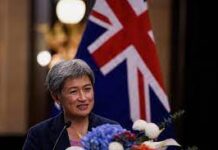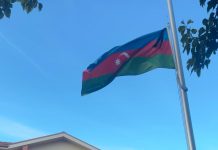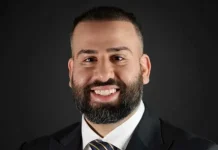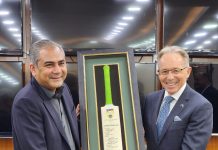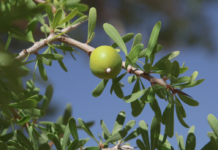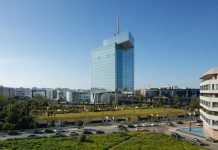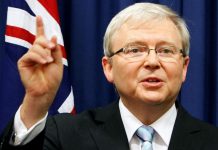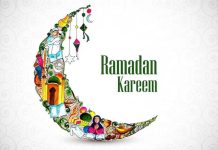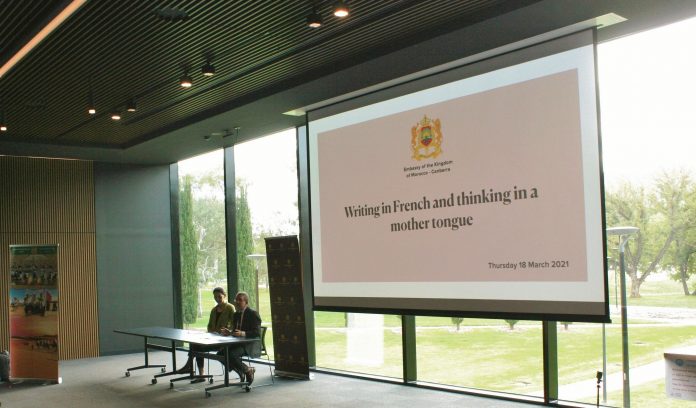The Embassy of Kingdom of Morocco organised a Conference entitled “Writing in French, thinking in one’s mother tongue” held at the Australian National University, on the 18th of March.
Moroccan Ambassador to Australia, Mr. Karim Medrek, the Director of the ANU Centre for Arab and Islamic Studies, Mrs. Karima Laachir, the Moroccan Novelist and Poet, Moha Souag as well as the Moroccan Writer Mouna Hachim alongside various diplomatic and academic personalities attended the conference.
This Conference has been devoted to tackle the contribution of the Moroccan Writers, Novelists, Poets and Dramaturges to the French Speaking Literature.
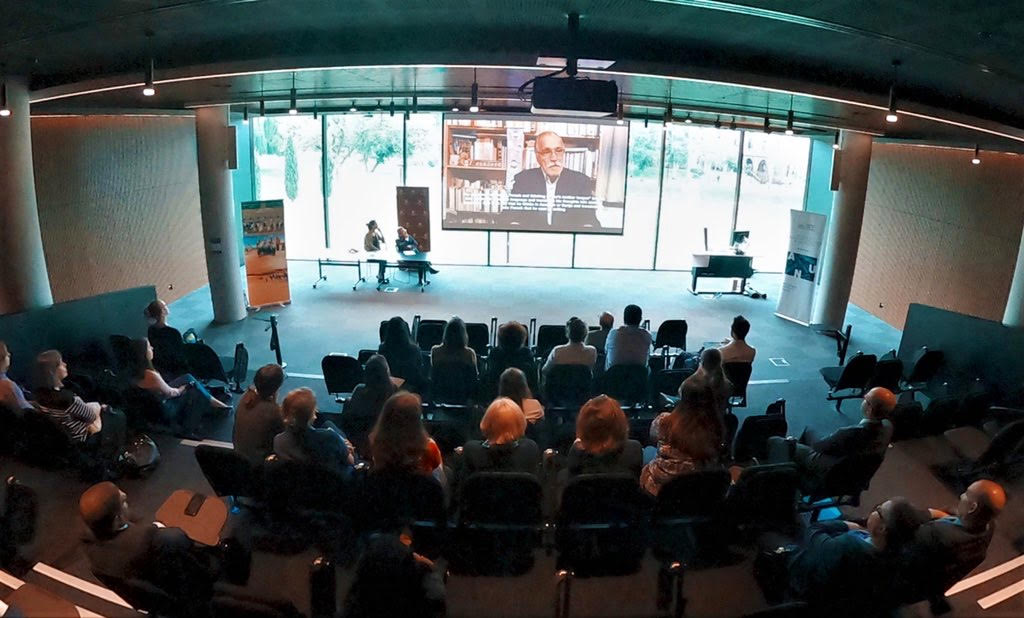
In this regard, the Ambassador Medrek underlined that” the Kingdom, renowned by different manners of cultural expression and linguistic diversity has contributed through many generations to the enrichment of the Francophone literary landscape”.
Mr. Medrek also considered that “the Moroccan Francophone literature provides an experience oriented towards the acceptance of differences that make of the literary field a facilitator of dialogue between cultures, adding that this Moroccan Francophone literature is a means to express the Moroccan values and principles”.
Through analysing the careers of literary men like Laabi, Kilito, Benjelloun, Laaroui or Chraibi belonging all to different generations, the Ambassador notes that the Moroccan Francophone Literature has become identifiable within the Francophone Panorama.
He highlighted, as the other panellists considered as well, that “the Moroccan writers have possessed French Language by flouting its rules of expression and creating their own style, which however abides by the linguistic, stylistic and semantic rules”.
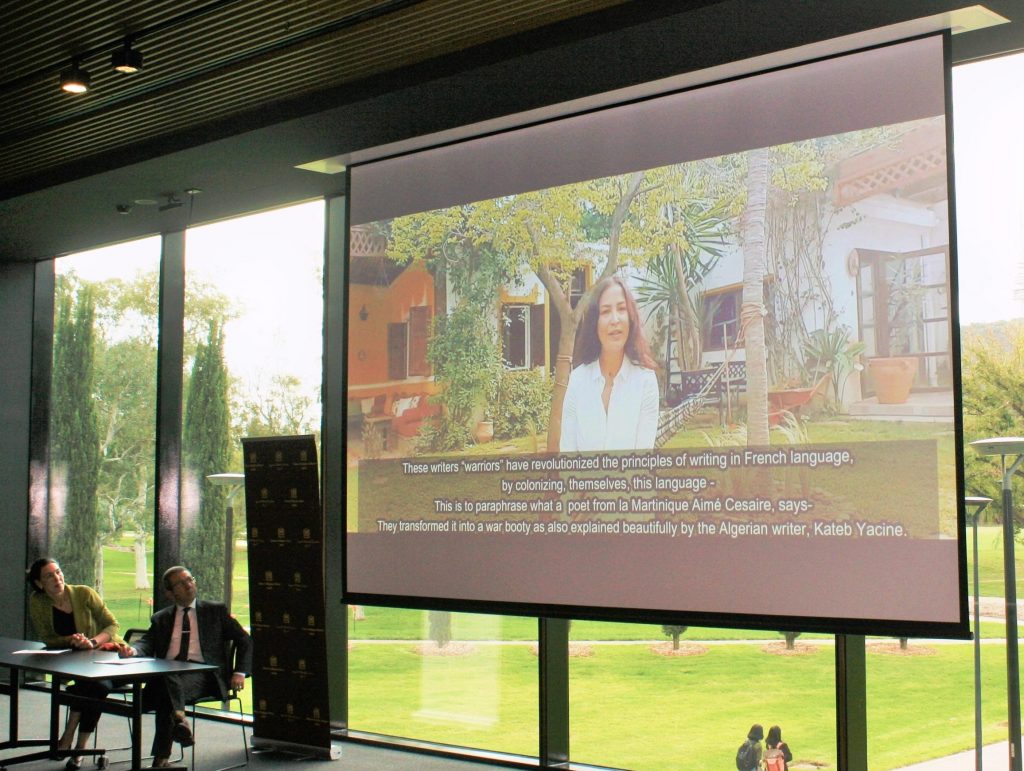
In the same vein, the Moroccan journalist and writer, Mouna Hachim pointed out to the fact that “the bilingualism of this generation presents something so ambiguous -serene for some and challenging for others- because there is that strange feeling of expressing oneself in a language considered as foreign and in a specific historic context, at a moment when the Arabic linguistic field is productive since many centuries”.
According to her, this alienation is a matter of openness as “this cultural hybridation leads to the enrichment that allows acquiring other intellectual tools on the path of individual and collective freedom”.
She added that “this French language, regardless of how paradoxical it may seem, allows us to share our culture, plural identity, history, traditions and customs. As it gives us a gift as individuals or collectives, it is a gift to the other language as French becomes enriched by new texts which lead to writing and to the transformation of prose to poetry”.
For her part, the Director of the ANU Centre for Arab and Islamic Studies, Mrs. Karima Laachir considered that Moroccan Francophone writers agonised about writing in French during the historical moment of decolonisation in the 1950-60.
This has changed radically from the 1970s onwards as there was an assertive understanding of the extension of French beyond the borders of France. The language has been adapted, according to her, to local contexts and expressions manifested in the Moroccan Francophone Literature.
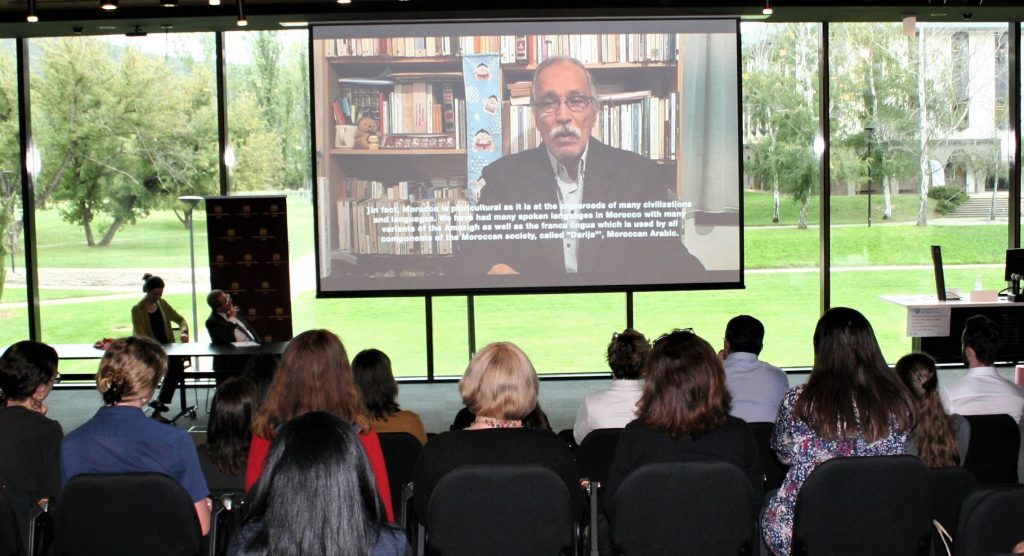
The Moroccan novelist and poet, Mr. Moha Souag indicated that writing is not a translation but rather a creation.
“Creativity cannot be translated as it is an act by virtue of which the spirit creates something at the level of the language that it utilizes”, he said.
According to him, writing in French is a natural process and the result of how things comes to one’s mind and spirit without being conditioned by the language of thinking or writing.
Mr. Souag considers that the human brain chooses unconsciously the moments when to use the liturgical language or the language of creation.
This passionate topic of discussion has constituted a good occasion to raise an interesting discussion between the attendees and the panellists who all converged in the fact that Morocco, being a crossroads for cultures and civilizations, provides unique and inspiring contexts to produce literary masterpieces including the French Language.



